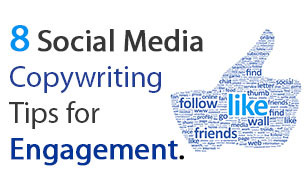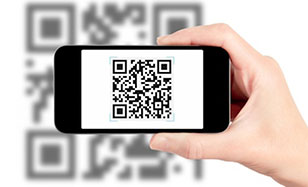What is ARIA?
ARIA stands for “Accessible Rich Internet Applications”
What all browsers support ARIA?
- Firefox 3.6 or greater
- Chrome
- Safari
- Edge
- Opera
- IE 9 or greater
ARIA-enabled screen readers?
- JAWS 10 or greater
- NVDA 2011.2 or greater
- VoiceOver on OSX Lion or newer
Basic Disability Concepts
Our Diverse Abilities
Roughly 1 in every 5 people (about 20%) has a disability of some kind. We can categorize the disabilities in three main categories:
Recognizable Disabilities
It mainly consists the physical aspects which are visible to everyone around you in most cases. If somebody is blind, do not have the ability to move most of their body due to permanent injury, or somebody is missing one or both of their arms and legs.
Hidden Disabilities
Hidden disabilities are not always immediately obvious. If somebody is deaf, have reading disorders or somebody experience seizures from time to time can’t be seen even they are setting beside you.
Temporary Disabilities
Those disabilities which are caused by accidents/injury or surgery, which reduces person’s mobility.
Age-Related Disabilities
With age people tend to loose our sight, our heading, our mobility, and our congnition.
What disabilities affect the use of web?
The disabilities that matter most in term of their effect on web use are disabilities in eyes, ears, hands, and brain.
Print or Reading Disability
A bling person cannot read a newspaper same as a sighted person can’t read a blank newspaper. A blind person can’t read any printed text on Building Signs, Packaging, Business cards or Postal mail sent to their home without some sorf of help or assistive technology. Printed materials are everywhere which creates a big problem for a blind person.
What are the common methods blind people use to read?
- A friend or a family member could read it for them
- Listen to a recording
- Braille copy if available
- Find radio or television version of the same item.
All of these methods work but still they are dependent on others or there is a limitation for person or audio version to be available. Braille versions are expensive and less than 10% Americans can read braille.
In this chellenge, Digital Text and “Screen Readers” solves the problem. With the invention of computers, text became digital, and evantually speech synthesizers were invented, allowing blind people to listen to text read out loud by the computer itself. Screen Readers allow blind people to access information independently, without having to have direct assistance from anyone else. It gives them independence.
But for this the content have to be accissible. That is the situations sometimes people with disabilities face in this digital age. Many resources are still not created with accessibility in mind. They exlcude people who are blind, and people who have other type of disabilities.
Assistive Technologies
Assistive technologies are the tools and technologies designed specifically to compensate people with disabilities for their lack of ability in certain tasks. One of the most common assistive technologies are wheelchair, canes and hearing aid. But if you look closely, most of us do not have a perfect vision. So we use Glasses or contacts to aid our vision. But those are so common that we take them for granted that they are normal. But imperfect vision is a disability as well when not corrected.
Assistive Technologies and the Web
Over the time technologies have been inveted to aid disabilities for computer and web use. Following table give us a brief summary of few.
| Assistive Technology | Disability |
|---|---|
| Screen Readers | Blindness Low Vision Cognitive Disabilities |
| Refreshable Braille Devices | Blindness |
| Screen Enlargers | Low Vision |
| Color Enhancement Overlays or Glasses | Color Blindness Cognitive Disabilities |
| Captions and Transcripts | Deafness |
| Head Wand Mouth Stick Alternative Keyboards Eye Gaze Tracking Voice Activation | Motor Disabilities |
| Augmentative Communication Aids | Congnitive Disabilties |
Assistive technologies don’t solve everything, they just increase the possibilities for the people with disabilties to use web, which can be impossible otherwise. It is like a wheelchair and a cane in real world, which gives them some possibility but they are unable to fill the gaps with those technologies. So it is extreamly important for poeple to create the enviornments and webpages with accessibility in mind. The web world is not the problem, the web world is a part of the solution.




